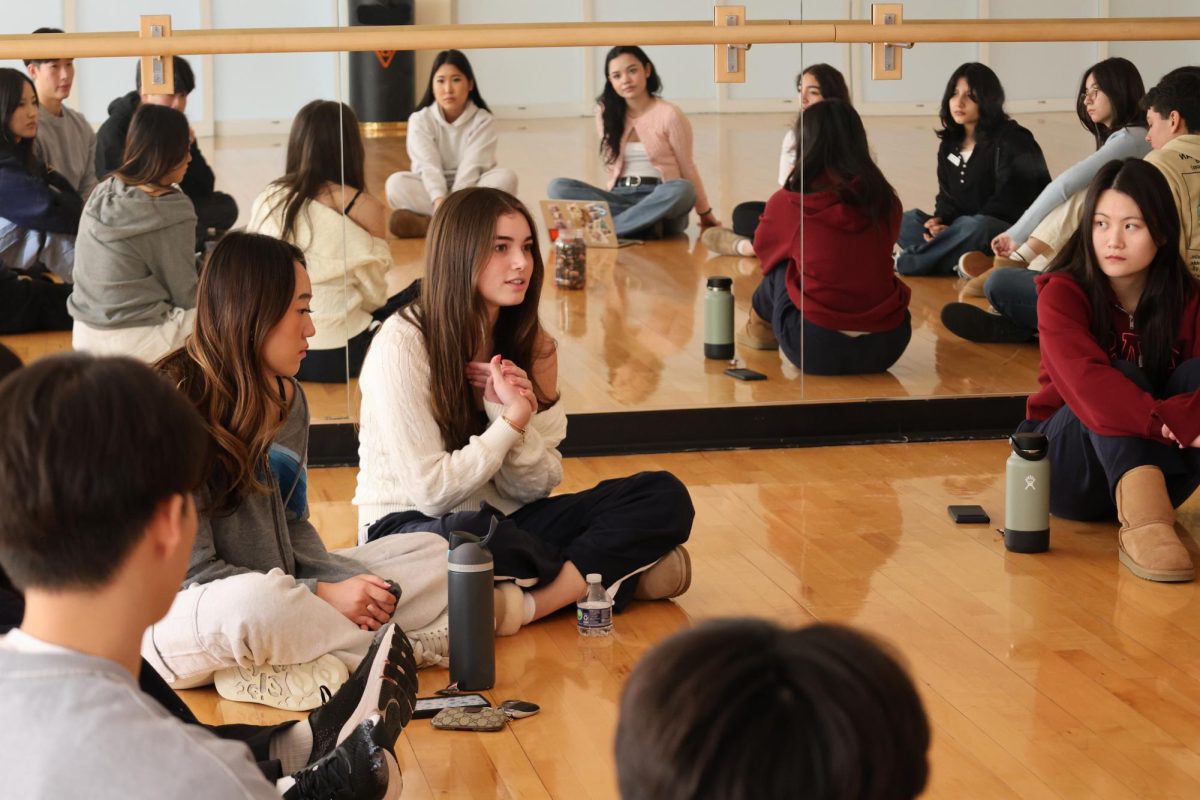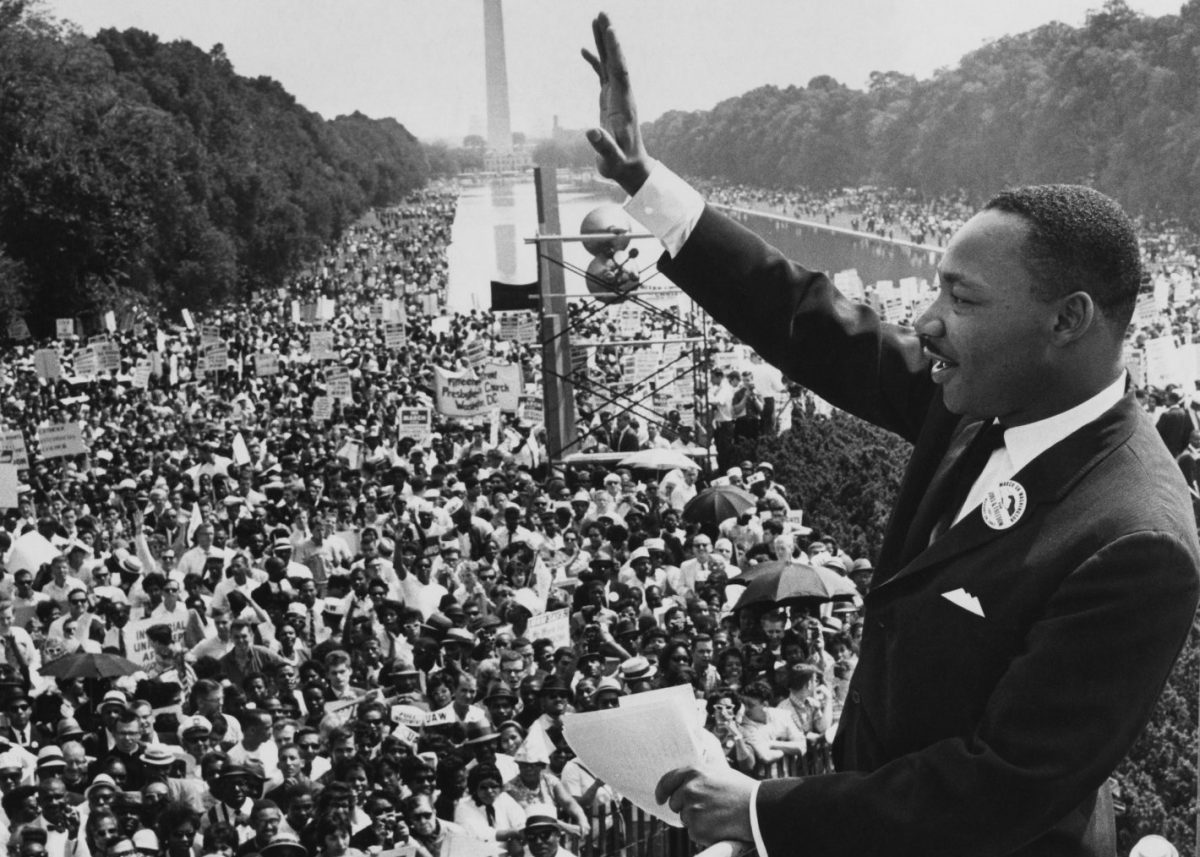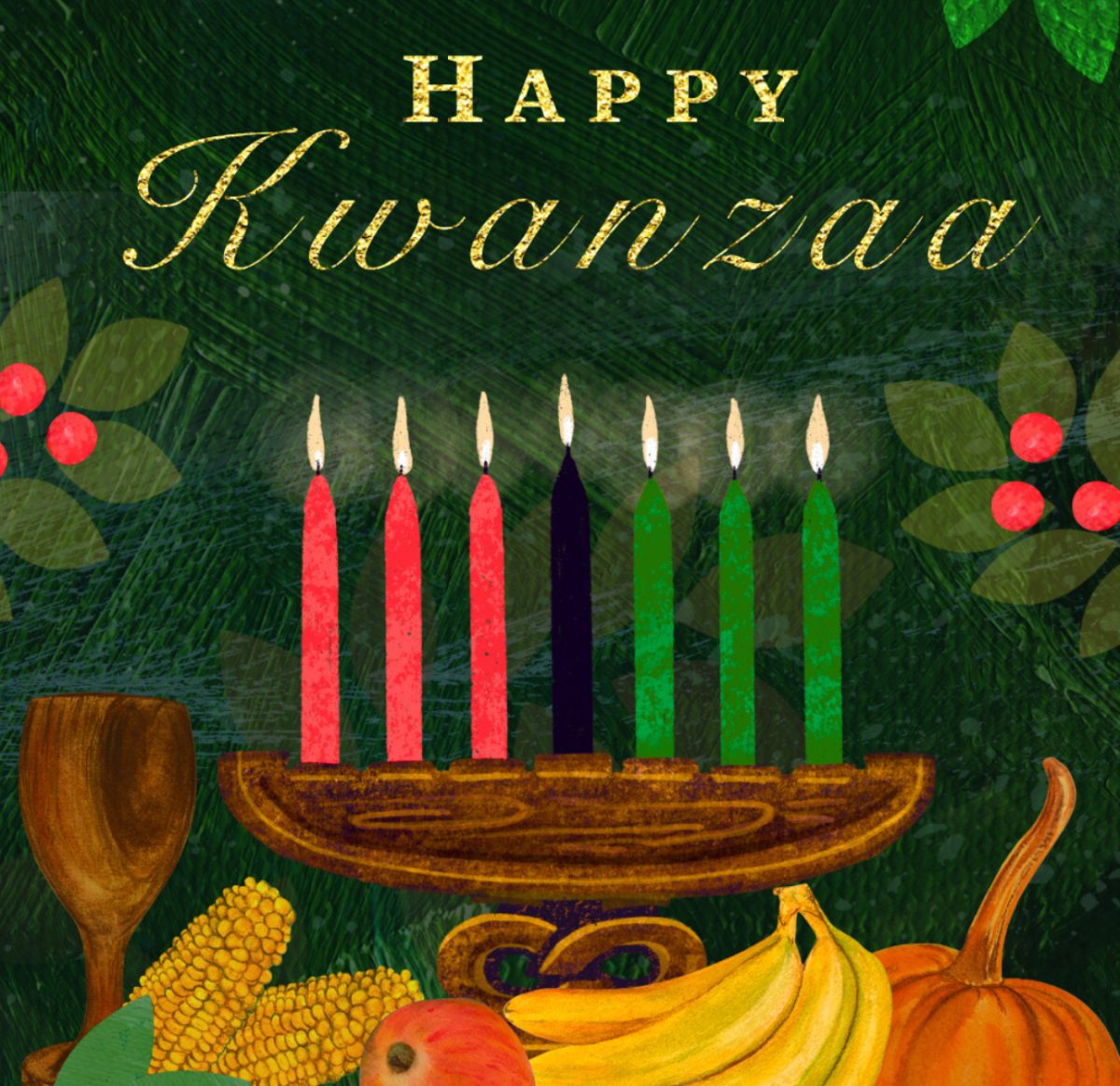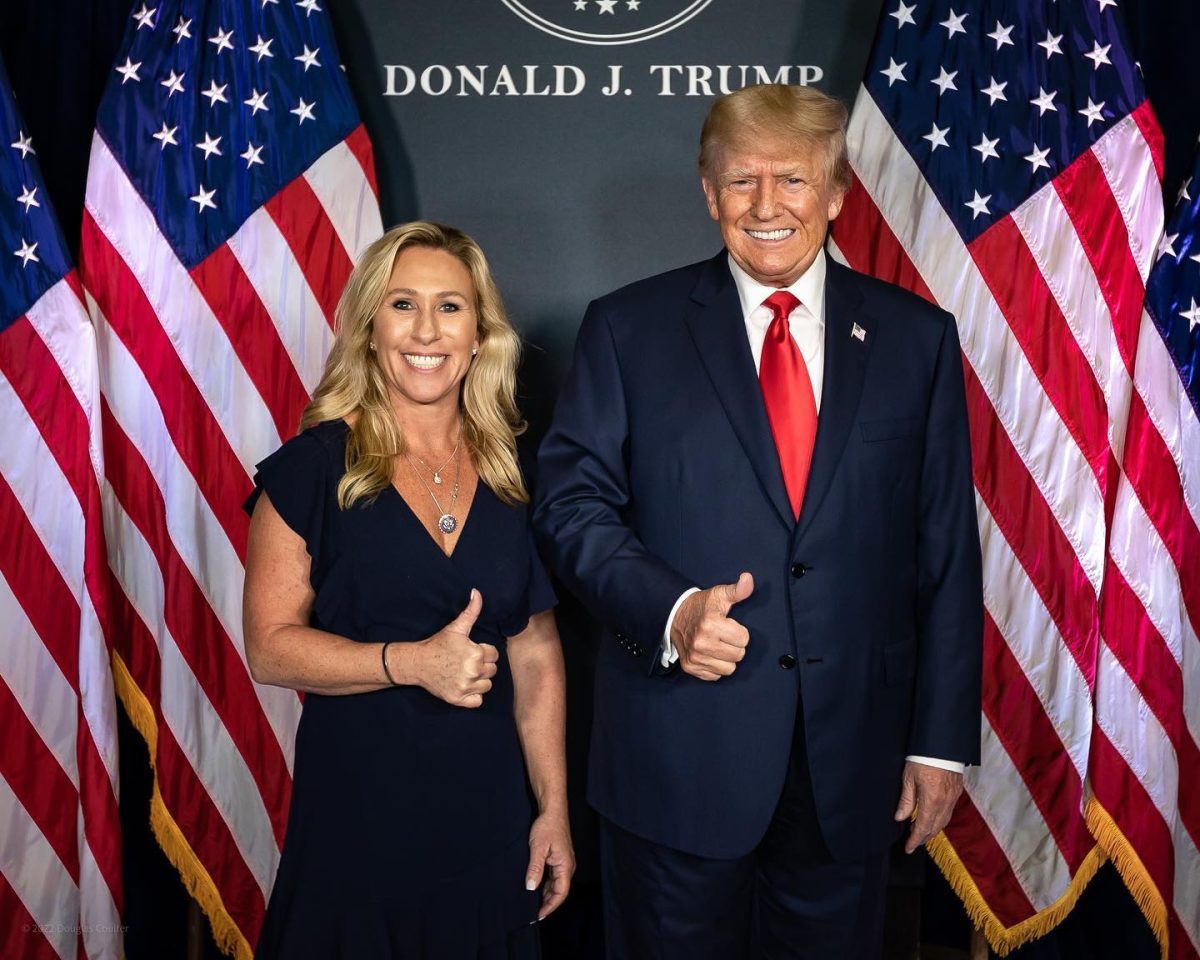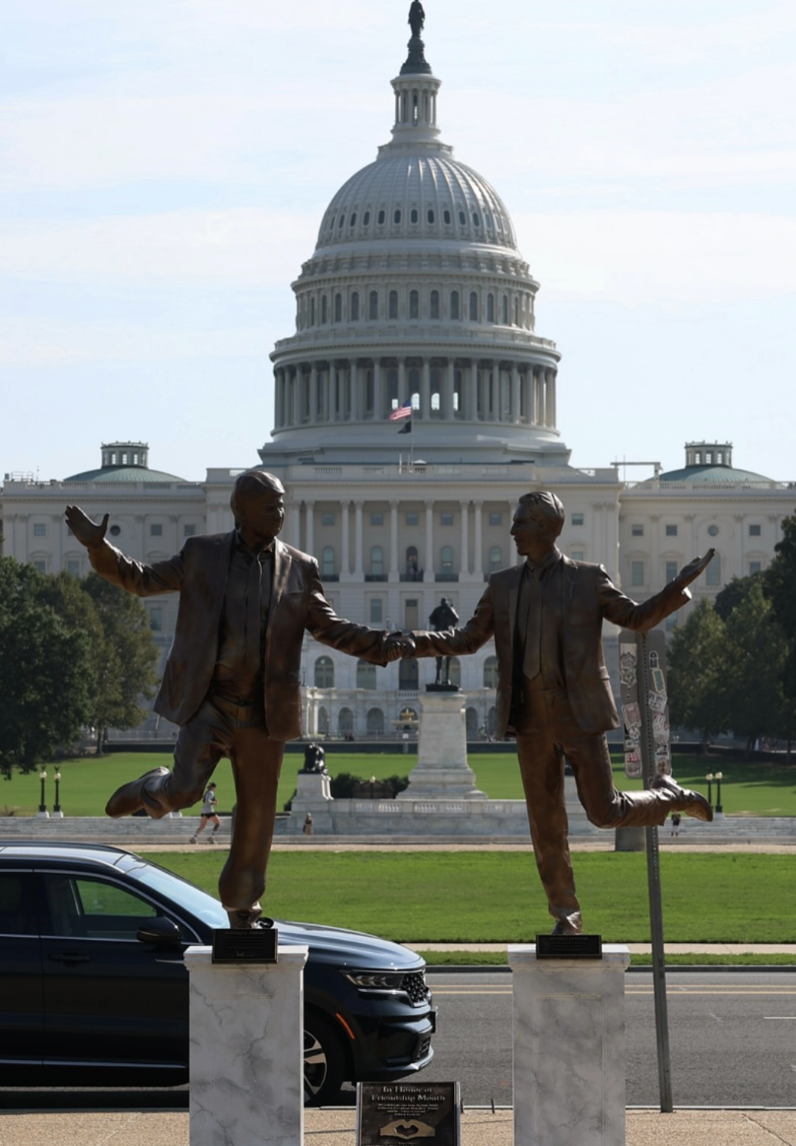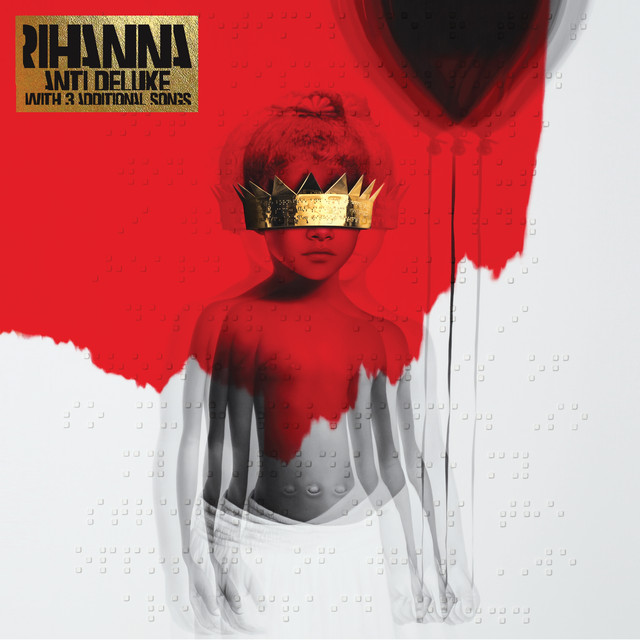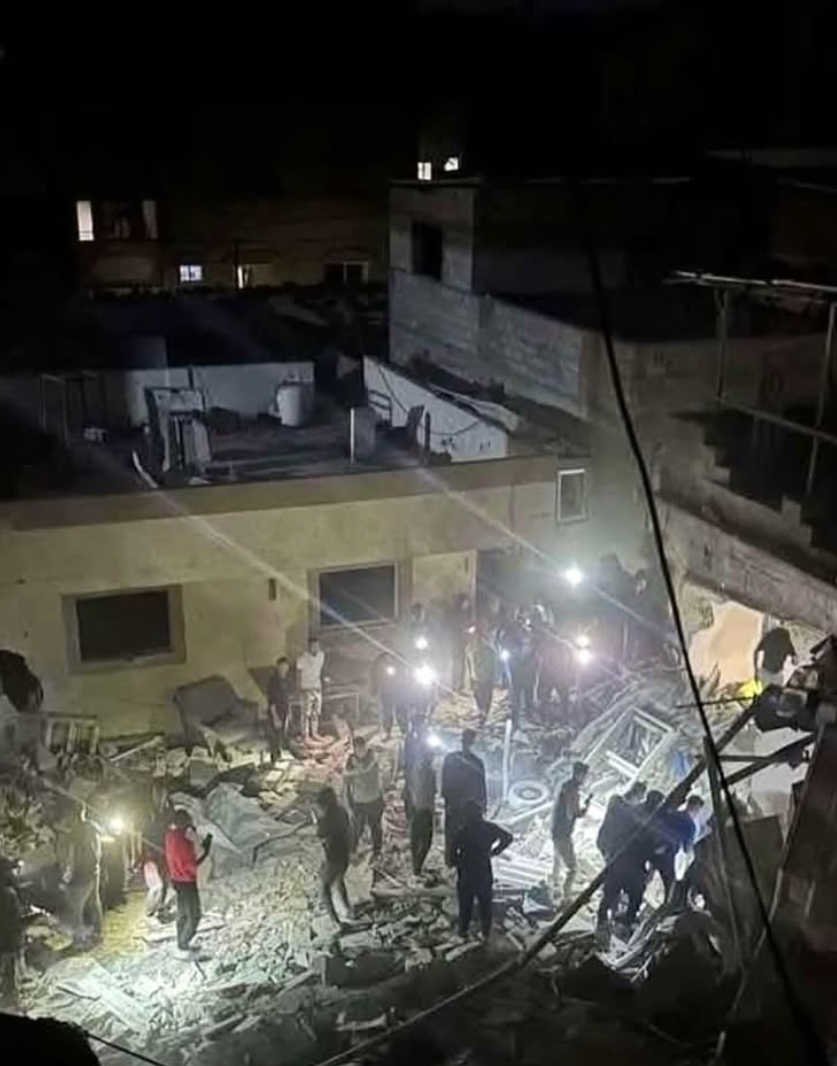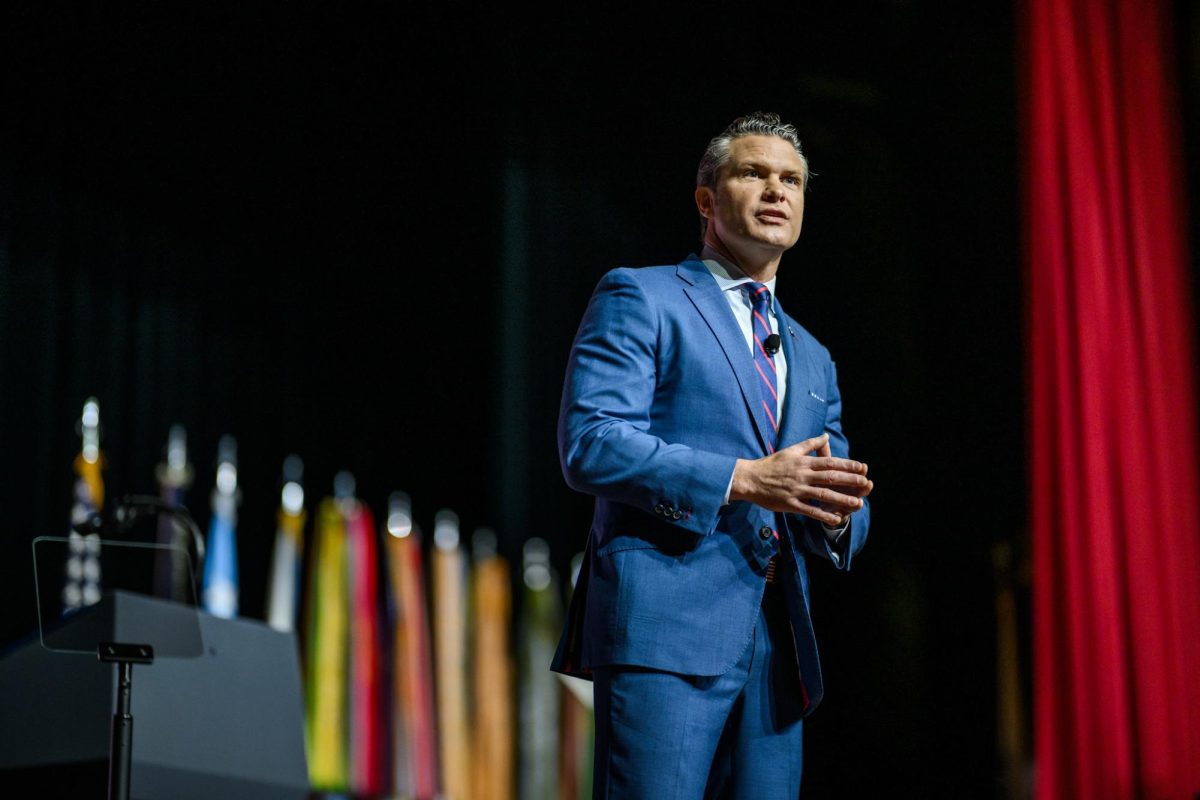India Clutches Onto Russian Oil
February 10, 2023
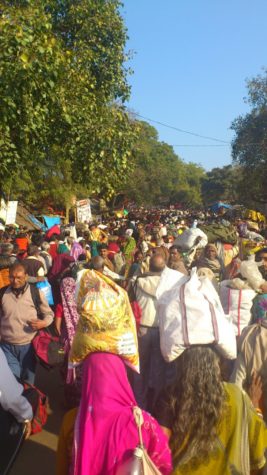
In October last year, 143 Member States of the United States voted in favor of not recognizing the four regions of Ukraine, which Russia claimed and now is demanding that Moscow reverse course on its “attempted illegal annexation.” India, however, abstained from voting, showcasing their continued resistance in confronting Russian invasion. Much to the dismay of numerous Western nations, today India remains importing Russian oil.
As Western nations impose sanctions and restrict purchases, India and China are now the biggest customers on discounted Russian oil. Russia is now the No. 1 oil supplier for India. Though India has issued indirect statements like the Foreign Prime Minister Jaishankar’s comment, “that the global order is anchored on international law, [the] UN Charter and respect for [the] territorial integrity and sovereignty of states,” India’s position regarding the war has been one of neutrality overall.
However, Sonali Srivastava, an LFA parent who was born and raised in India, said that “historical context is important.” During India’s conflict with Pakistan in 1965, Russia intervened, which ultimately ended in a ceasefire. Additionally, during the 1971 Indo-Pak war, Russia, once again acting as a trusted ally, signed the Indo-Soviet Treaty of Friendship and Cooperation,. Srivastava said, “at the end, when no one stood up for India, Russia stood up” and that was in the “living memory of the people.”
Srivastava also added that “population pressure” plays an important role in the continued consumption of Russian oil. This year, India’s population (1.4 billion) has surpassed China’s this year, making it the most populous country in the world.
Throughout the past decade or so, India has proven to be an important world influence. During the COVID-19 pandemic, it was an important manufacturer site of vaccines. Numerous companies have opened factories in India, intending to diversify their manufacturing beyond China’s surveillance state. Srivastava also noted that in the 1940s “the first prime minister of India [Jawaharlal Nehru] had a major emphasis on making India self-reliant” and that India’s economy was largely “closed before the 1990s” from international trade.
Beyond the international impact of India’s consumption of oil, another concern is the environmental effect. Upon both of these topics, Jaishankar said, “since February, Europe has imported six times the fossil fuel energy from Russia that India has done” and “if a $60,000-per-capita society feels it needs to look after itself, and I accept that as legitimate, they should not expect a $2,000-per-capita society to take a hit.”
Though, that is not to say India has not made any steps towards a more eco-friendly society. Srivastava recalled the “reuse and recycle” culture of her childhood, which was “part of your DNA.” For example, newspapers would not be thrown away, instead someone would purchase old papers and reuse them as paper bags. She also noted how the city of New Delhi has transformed after the Supreme Court banned plastic in that region. Additionally, most of New Delhi’s buses are CNGs [compressed natural gas], not petroleum based fuel.
Overall, this controversy opens up the large debate of the responsibility of developing nations in terms of climate change and humanitarian crises. On this topic, Jaishankar stated that “Europe’s problems are the world’s problems, but the world’s problems are not Europe’s.”


